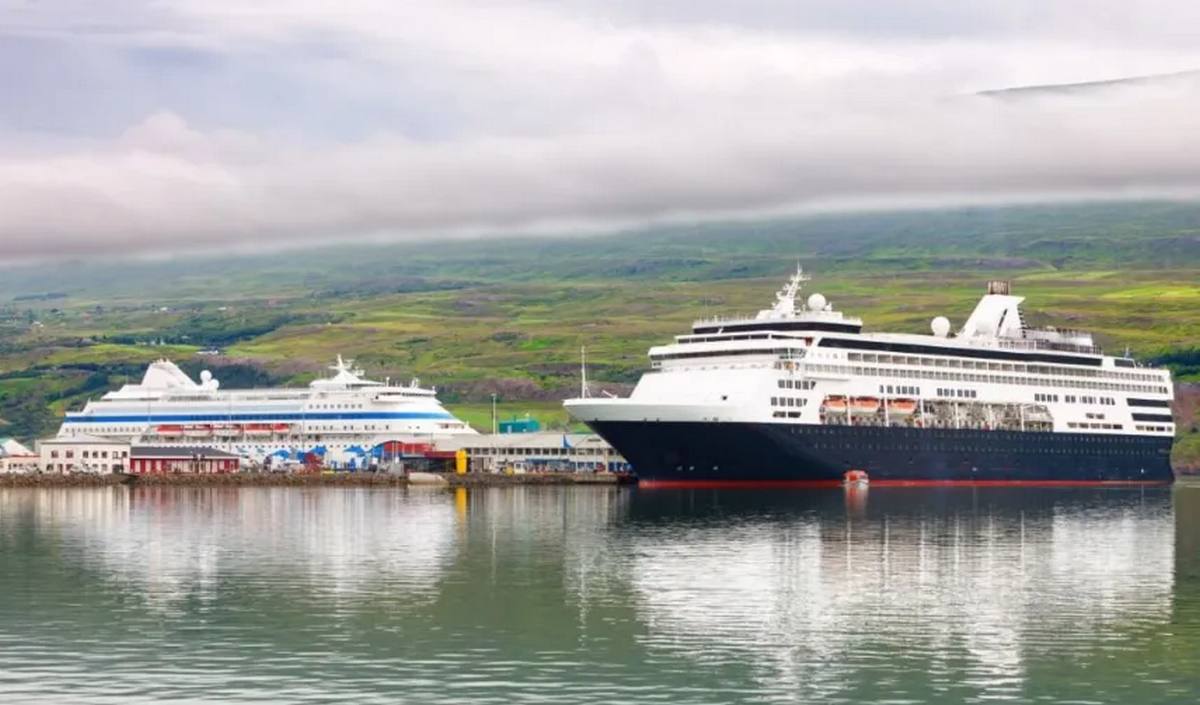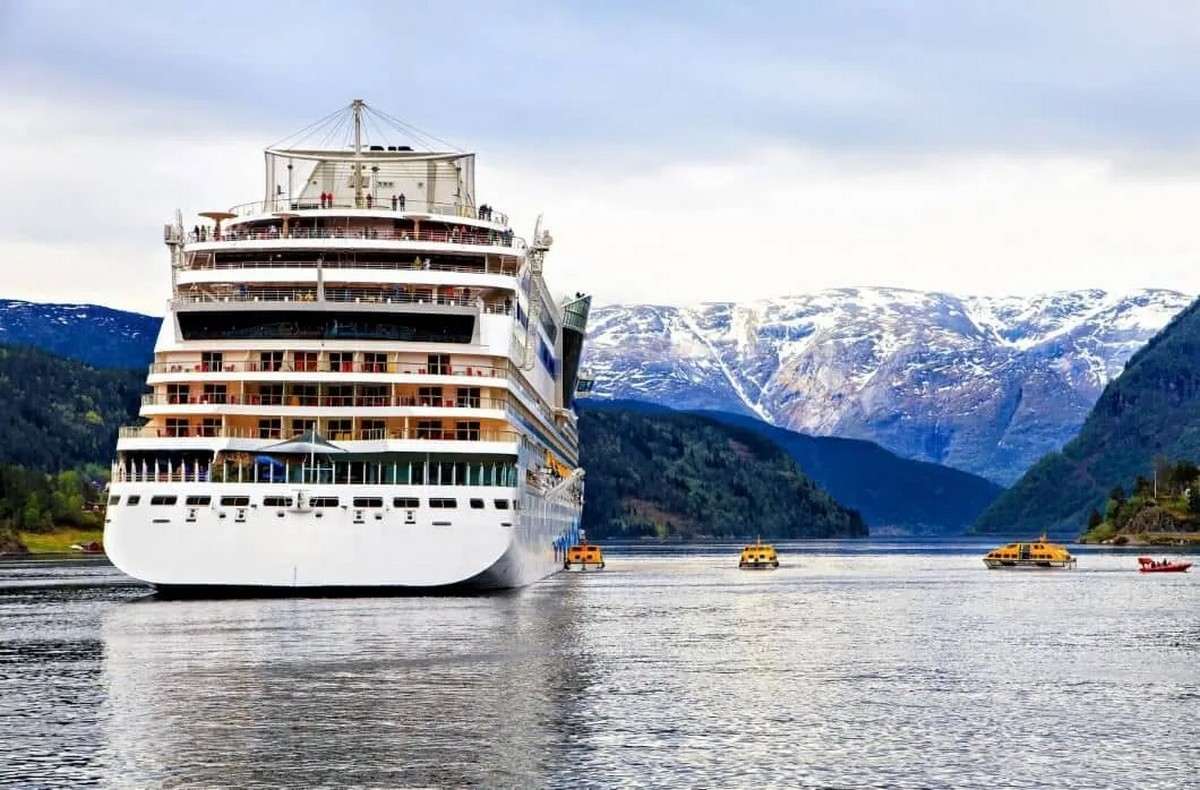The volcanic beauty and geothermal wonders that have long drawn visitors to Iceland may soon fall quieter.
Cruise Iceland, a trade group representing ports, tourism operators, and local businesses, warns that a new passenger tax introduced in early 2025 has already triggered massive cancellations, slashing bookings by more than 50% at key ports.
The levy—2,500 Icelandic krónur (about $18.50) per cruise passenger—has prompted many companies to divert itineraries to Norway or Greenland, which do not impose such taxes.
“This tax is driving away the very ships that sustain our remote communities,” said a Cruise Iceland spokesperson.
Early forecasts point to a 17% decline in total ship visits by 2026 and a 37% drop by 2027, compared to 2024.
Remote ports hardest hit
Smaller harbors, where cruise traffic is vital, face the biggest losses. In Borgarfjörður Eystri, the number of cruise calls will plunge from 28 to just one by 2027.
Similar declines are expected in Seyðisfjörður and Grundarfjörður, where local economies depend on cruise-generated revenue for inns, restaurants, and fisheries.
Factoring in ship tonnage, the downturn equals a 12% fall in 2026, growing to 23% in 2027.
Cruise Iceland estimates annual economic losses of 1.7 billion krónur ($12.5 million)—nearly matching the government’s projected tax income of $10 million.

A zero-sum gamble
Government officials argue the tax ensures that cruise visitors contribute to infrastructure costs. But critics say it’s a “broad-brush” measure that unfairly penalizes the cruise sector.
At 525% of a typical hotel night’s cost, the tax “creates unequal competition between onshore and cruise tourism,” Cruise Iceland warns.
Calls for compromise
Industry voices urge the government to reconsider or refine the tax, perhaps introducing eco-exemptions or discounts for rural ports.
Without such measures, Iceland risks losing a growing post-pandemic tourism segment and weakening communities built around maritime hospitality.
As schedules thin out, Iceland’s ports serve as a case study in how good intentions can strain a thriving industry.

